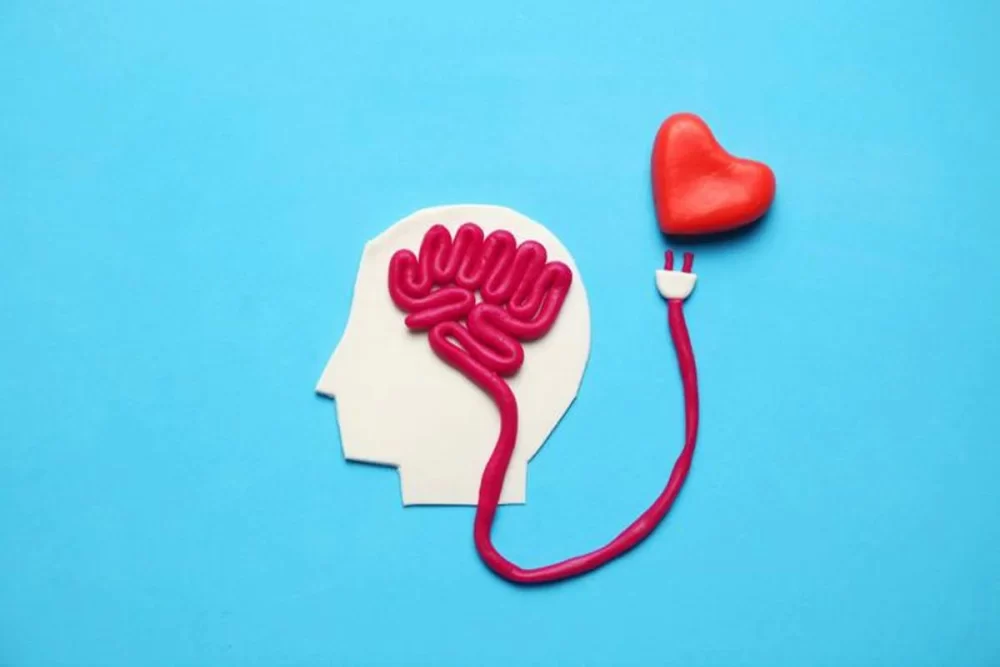- Understanding the Complex Relationship Between Heart Disease and Anxiety
- How Anxiety Influences Heart Health: Physiological and Emotional Factors
- Real-Life Examples Illustrating the Heart Disease and Anxiety Link
- Managing Heart Disease and Anxiety: Strategies for Improved Well-being
- Finding Reliable Support and Resources at HeartCare Hub
1. Understanding the Complex Relationship Between Heart Disease and Anxiety
Heart disease and anxiety are two health issues that often intertwine in ways many people might not fully realize. The connection between these conditions is more than coincidental — anxiety can be both a contributor to heart disease and a consequence of living with heart conditions. Understanding this link is vital for anyone looking to protect their cardiovascular health while maintaining emotional balance.
When we talk about heart disease, we refer to a range of conditions affecting the heart, including coronary artery disease, arrhythmias, and heart failure. Anxiety, on the other hand, is characterized by excessive worry, nervousness, and fear that can disrupt daily life. The two conditions share overlapping symptoms and risk factors, which makes it important to approach diagnosis and treatment with a comprehensive mindset.
The body’s response to anxiety triggers the release of stress hormones like cortisol and adrenaline. Over time, these hormones can strain the cardiovascular system, increasing heart rate and blood pressure, and potentially accelerating the development or worsening of heart disease. This physiological connection reveals why managing anxiety is not just about mental health—it’s about safeguarding the heart too.

2. How Anxiety Influences Heart Health: Physiological and Emotional Factors
From a physiological standpoint, anxiety affects heart health through several mechanisms. First, the “fight or flight” response activated during anxiety episodes causes temporary spikes in heart rate and blood pressure. While short bursts can be harmless, chronic anxiety leads to persistent elevation, wearing down the arteries and heart muscle.
Moreover, anxiety often leads to unhealthy behaviors that further jeopardize heart health. For example, individuals with anxiety might engage in smoking, poor eating habits, or lack of exercise as coping mechanisms. These lifestyle factors significantly contribute to the risk of heart disease.
On an emotional level, the burden of anxiety can worsen the perception of chest pain or palpitations, sometimes mimicking heart attack symptoms. This can create a vicious cycle where fear of heart problems triggers more anxiety, intensifying physical symptoms.
It’s important to note that not all anxiety is harmful; mild anxiety can prompt positive health behaviors, such as seeking medical advice or adopting a healthier lifestyle. However, when anxiety becomes overwhelming and chronic, it poses a real threat to heart health that must be addressed proactively.
Capital Health Medical Center – Hopewell
capital health medical center hopewell
1 Capital Way, Pennington, NJ 08534, USA

3. Real-Life Examples Illustrating the Heart Disease and Anxiety Link
Consider the case of Mary, a 52-year-old woman who experienced frequent panic attacks accompanied by chest tightness and rapid heartbeat. Initially, these episodes were dismissed as purely psychological. However, further medical evaluation revealed underlying coronary artery disease. Mary’s anxiety masked her heart condition, delaying critical treatment. Her story highlights the importance of comprehensive medical assessments when anxiety and heart symptoms co-occur.
Another example is John, a middle-aged man diagnosed with heart failure who developed severe anxiety following his diagnosis. His anxiety led to poor sleep, lack of appetite, and increased sedentary behavior, all of which worsened his heart condition. With proper psychological support and lifestyle coaching, John managed to regain control over both his mental and heart health.
These cases demonstrate how intertwined anxiety and heart disease can be, affecting diagnosis, treatment, and recovery. They also underscore the need for a holistic approach in clinical practice and self-care.
4. Managing Heart Disease and Anxiety: Strategies for Improved Well-being
Effectively managing the dual challenges of heart disease and anxiety involves integrated strategies addressing both physical and emotional health. Here are several approaches to consider:
4.1 Medical and Psychological Interventions
Consulting healthcare professionals experienced in both cardiology and mental health is crucial. Treatment may include medications to control heart conditions alongside therapy or medication for anxiety. Cognitive-behavioral therapy (CBT) has proven especially effective in helping patients manage anxiety symptoms by changing negative thought patterns.
4.2 Lifestyle Modifications
Adopting a heart-healthy lifestyle can also reduce anxiety. Regular physical activity, balanced nutrition, adequate sleep, and smoking cessation all contribute to improved heart and mental health. Mindfulness practices, such as meditation and deep breathing exercises, help lower stress hormone levels and calm the nervous system.
4.3 Social Support and Education
Building a supportive network of family, friends, and healthcare providers offers emotional relief and practical assistance. Educating oneself about the conditions fosters empowerment and reduces uncertainty, which can alleviate anxiety.
For personalized recommendations on the best products, services, and professional support tailored to managing heart disease and anxiety, HeartCare Hub provides valuable resources designed to guide you toward optimal health solutions.
5. Finding Reliable Support and Resources at HeartCare Hub
Understanding and managing the link between heart disease and anxiety is a journey that benefits greatly from reliable information and support. HeartCare Hub offers a comprehensive platform where you can discover trusted products such as heart monitors, stress relief tools, and wellness programs designed specifically for those balancing heart health with anxiety.
Additionally, HeartCare Hub connects you with expert advice, counseling services, and community forums where sharing experiences can provide comfort and motivation. Whether you are newly diagnosed or managing long-term conditions, accessing resources tailored to your needs can make a significant difference in your quality of life.
Remember, addressing heart disease and anxiety together creates a stronger foundation for health, empowering you to live fully with greater confidence and peace of mind.






















Deborah Heart and Lung Center
deborah heart and lung center
200 Trenton Rd, Browns Mills, NJ 08015, USA